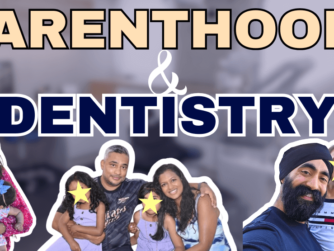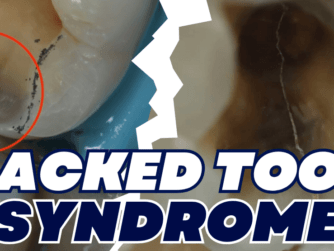Podcast: Play in new window | Download (Duration: 44:37 — 63.7MB)
Subscribe: RSS
Sometimes associates moan that they can’t improve their Dentistry or provide better outcomes because their principal/corporate will not buy them that fancy composite/instrument/air abrasion unit/orange floss (okay maybe not the last one!). Here’s a tip: buy it yourself!
I’m not saying you should go crazy and buy ALL your materials – thats the role of the practice – but if after having a good conversation with your principal about investing in the new gear and it is not bought for you….there are some major advantages of buying it yourself.
In this episode I am joined by Dr Rosh Panju who, as an associate, bought his own intra-oral scanner (iTero) – that speaks volumes about his mindset.
In a nutshell, this episode is about making your own luck.
For those asking about where to buy the ‘associate box’ to transport kit between practices, here it is:
If you enjoyed this episode, you will like the episode on Emotional Intelligence with Richard Porter – check it out!








